While the donning of keffiyehs by actors at the end of a performance of the Sydney Theatre Company’s production of The Seagull has provoked a very mixed public response, there can be no doubt that Chekhov himself would not have approved of it. Not because he held strong views about Palestine – which didn’t exist in his lifetime – but because he held strong views about storytelling. And none of those views has been endorsed more heartily by subsequent generations of playwrights and novelists than the principle of narrative economy known as Chekhov’s Gun. As the great man explained in a letter to a friend, ‘every element in a story must be necessary, and irrelevant elements should be removed. If a writer features a gun in a story there must be a reason for it, such as it being fired at some stage’. It is not unreasonable to infer, conversely, that if no gun is introduced at any stage in the story, the firing of one at the end will also be deemed not best practice and may confuse the audience or reader. Anybody who doubts the wisdom of this has never seen a production of The Winter’s Tale that is entirely faithful to the First Folio text, in which Shakespeare gives us no more preparation for the death of Antigonus at the end of Act III than the stage direction ‘Exit, pursued by a bear’. Quadrupeds of all kinds being otherwise conspicuous by their absence from the play, this has resulted in countless generations of theatregoers turning to each other as the lights come up and saying, ‘Where did that f–king bear come from?’ It can hardly come as a surprise to STC management, then, that at the end of the Seagull performance which caused all the trouble, the question most audience members asked was not, ‘Great show, but where was the seagull?’ (to which Chekhov himself never provided a satisfactory answer), but, ‘Great show, but what’s with the tea towels?’ The same question was then asked more formally by outgoing President of the Executive Council of Australian Jewry Jillian Segal (no relation), who also happens to be an STC board member, and impeccable luvvy sources now tell me that steps have been taken to rationalise the controversial wardrobe improvisation in a way which Chekhov would have sanctioned. That is, an early scene of the play – a bitter domestic satire on the intergenerational clash of values which characterised the last days of Tsarist imperialism, since you ask – has been extended to allow four of the main characters to offer to help with the washing-up – a task which, prior to the invention of the electric dishwasher imposed a degree of egalitarianism on even the noblest ancien régime households. To maintain its commitment to ensuring political neutrality, however, STC management have decreed that while two of the tea towels used in this scene may bear the distinctive red and white pattern of keffiyehs worn by Hamas supporters in Gaza, the other two must be the black and white variation preferred by their Fatah counterparts on the West Bank. Actors being perhaps the ultimate practitioners of groupthink, events at the STC are expected to inspire textual revisions to other stage productions around the country. In Melbourne, for example, discussions about the revival of the Red Stich company’s award-winning 2002 production of Edward Albee’s absurdist drama The Play About the Baby have stalled while management considers the actors’ request that rather than never appearing on stage, as the text allows, the titular baby should be represented from time to time by a doll, which, in order to demonstrate their opposition to the IDF’s interventions in Gaza and their solidarity with anti-Israel protests, cast members will be allowed to decapitate during curtain calls.
Actors make a living doing something the rest of us stopped doing before we reached puberty: pretending to be somebody else. They use words which other people have written to express ideas and opinions which they don’t even need to understand, let alone share. That is why, for most of human history, actors were paid less than soldiers, and why most people who became actors were considered low life.
That anybody should pay attention to anything an actor says or does which he or she wasn’t paid to say or do is one of the greatest mysteries of the modern era.
Got something to add? Join the discussion and comment below.
Get 10 issues for just $10
Subscribe to The Spectator Australia today for the next 10 magazine issues, plus full online access, for just $10.
You might disagree with half of it, but you’ll enjoy reading all of it. Try your first month for free, then just $2 a week for the remainder of your first year.



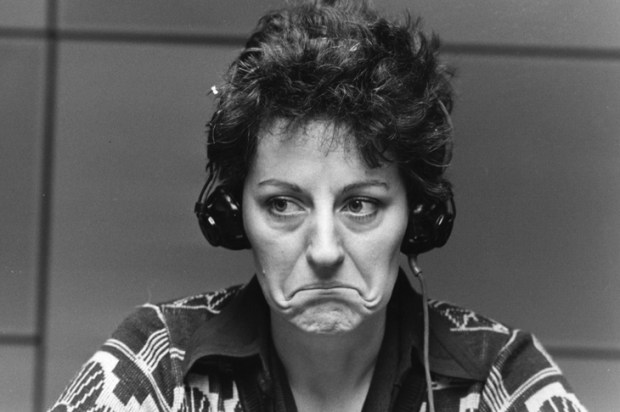
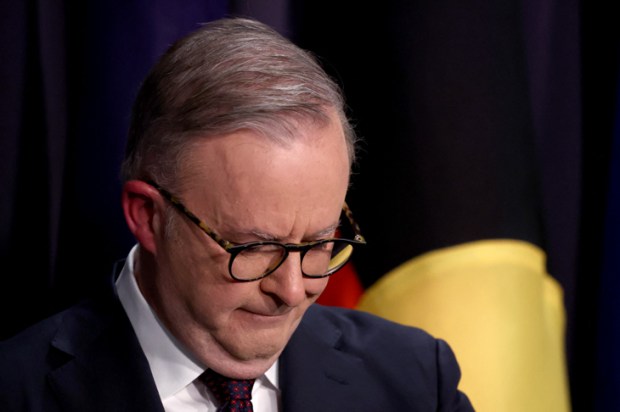
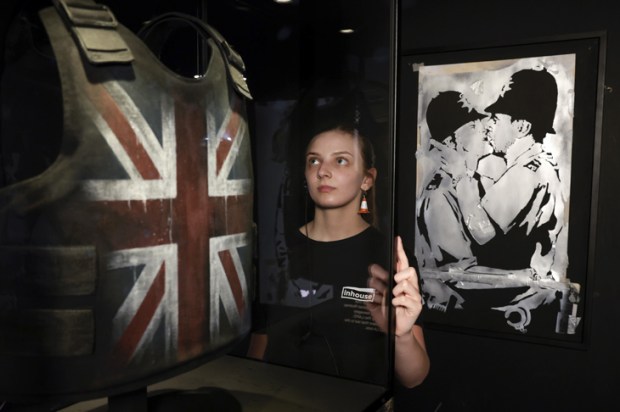

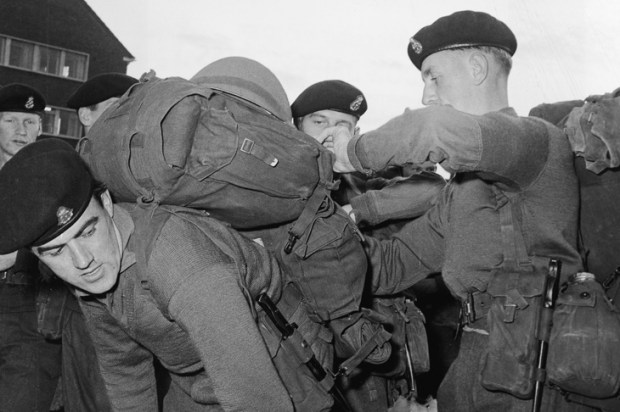
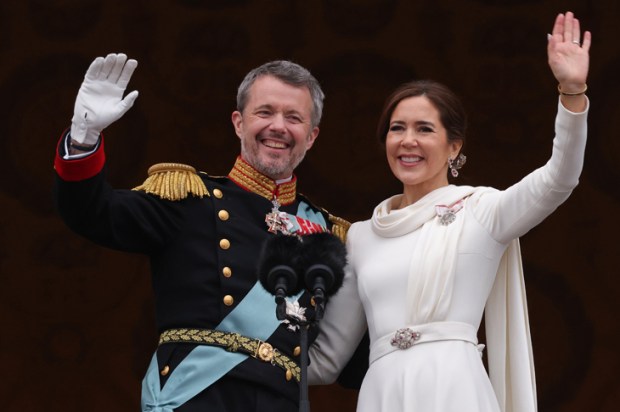






Comments
Don't miss out
Join the conversation with other Spectator Australia readers. Subscribe to leave a comment.
SUBSCRIBEAlready a subscriber? Log in